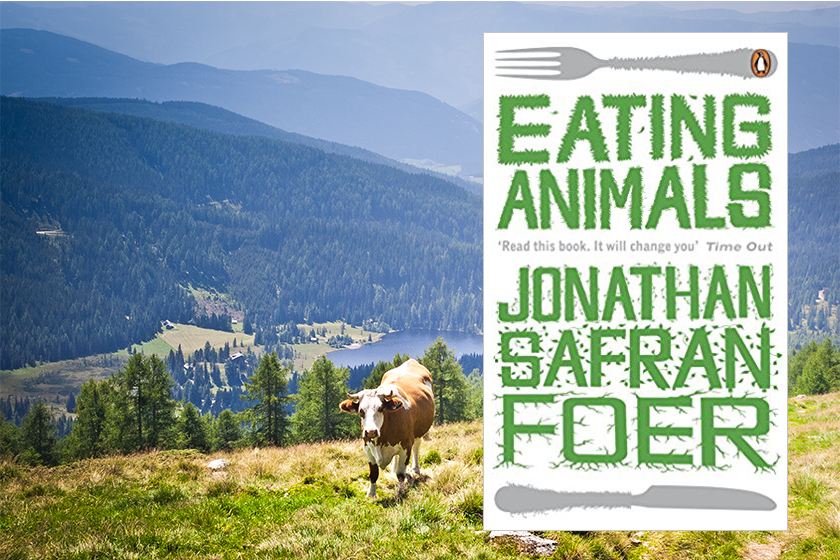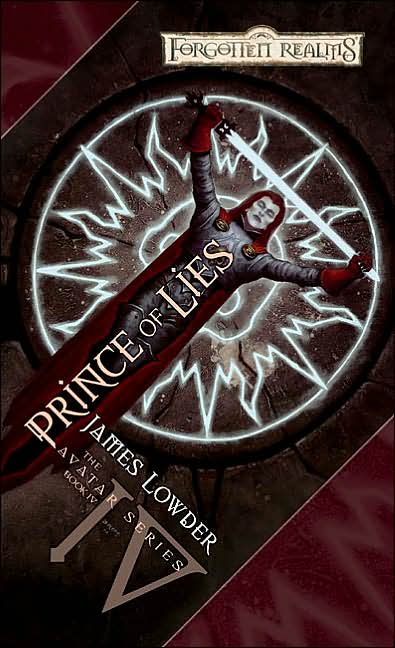So I usually don't read fiction all that often, but I went on a total splurge these past three or so weeks:
The City & The City - Miéville, China
The Long Walk - Bachman, Richard
It - King, Stephen
The Running Man - Bachman, Richard
Way Station - Simak, Clifford D.
Children of Time - Tchaikovsky, Adrian
Old Man's War (Old Man's War, #1) - Scalzi, John
Altered Carbon (Takeshi Kovacs, #1) - Morgan, Richard K.
The Invincible - Lem, Stanislaw
Stand on Zanzibar - Brunner, John
Roadside Picnic - Strugatsky, Arkady and Boris
'Salem's Lot - Stephen King
Return from the Stars - Lem, Stanislaw
Gwendy's Button Box - King, Stephen and Chizmar, Richard
Various short stories out of...
Bazar of Bad Dreams - King, Stephen
A Long December - Chizmar, Richard
20th Century Ghosts - Hill, Joe
Currently Reading:
The Regulators - Bachman, Richard
Lovecraft Country - Ruff, Matt
Kraken - Miéville, China
Whew, god damn it really is a list when I first take it out and actually draw it up like that fuck o_o
Because I doubt I can fit summaries of all of them in a single post, I'll just do a short list of the books that really stood out to me:
The Long Walk - A tad blunt and it has a few misteps that stem mostly from King wandering from the point and wasting time laying out the logistics of what is going on. Hint: stories like these always work better the more vague the world is. Him going into weird tangents about WW2 alt history just drag the book down needlessly into genre tropes that take you out of the world he's trying to get you so painfully to draw comparatively to our own. King drug Under the Dome into the dirt for the same reason, but I digress...Still I say it's one of my favorite King stories overall. The more he sticks to the ground the better king tends to be I feel. I think the restraint having to work around more subtle everyday terrors does to him makes him more creative. I also thought The Running Man was pretty good for the same reason, even if the cynicism comes across as hamfisted at times.
Lem in general - I think I'm going to love everything this man wrote. The Invincible in particular I would recommend to people who got put off by half of Solaris being told in the form of exposition. He's much more restrained here and the narrative despite a slow start is like lightning in comparison to Solaris. Has the typical Lem faults with cardboard characterization and iffy pacing, but the worlds the man builds and the themes of human arrogance, shortsightedness, and tribal nature in the context of the galaxy he tries and more often than not does tackle aren't really topped by any of the other sci fi "masters" that I've read. Anyone who hasn't given Lem a chance and loves a hard scifi I find it hard to recommend anyone other than Lem.
Old Man's War - A fun book made pretty hilarious considering I read it right before The Invincible and that book has basically the same plot if a lot more constrained and less of a scope. I don't know if I'll read more of the series, though. It came across as pretty vapid and schlocky at times, but hinted that it would eventually explore the themes presented in the first book later in between all the setpieces you're actually there for. I mean there's nothing wrong with vapid schlock as I have consumed mountains of it and ask for more plenty of times, but the pricing on the series is a bit steep non sale at like 10 bones a book for 200 pages a pop is kind of hard to justify. I'll defo look out for sales on the series as the first book if anything was definitely fun.
Stand on Zanzibar - I really, really loved this book. Despite trashing it here the first time I attempted to read it and throwing it down in agony after a second attempt, I finally powered through it and got over my initial abhorrence of the style in which it was written and just got totally sucked into the book. It's pretty telling about the book when I was first reading it and thought the entire time it was alt history for the USSR still being around, only to look it up and be totally blown away when I realized it was written in the late '60s. Incredibly prescient book, even if in hindsight the whole Malthusian dystopia trope has become pretty trite these days, that offers quite a melancholic outlook on humanity and its future that shouldn't be missed. The chapter in the party segment from the machine's POV was probably one of the most agonizing and anxiety ridden things I've ever read, and it is totally awesome. Can't wait to read more of the guy.
The City and The City - Not really what I expected going in at all given what I've read about the author, but overall a very entertaining book. The way the book deals with interstitiality and its ramifications along with social taboos and how they shape society is fascinating...it's just kind of a shame it's all wrapped up in this entirely by the numbers detective story.
Overall a pretty good haul and I liked every single one of the books I read, which considering the number of them I consider that kind of amazing. Would recommend all of them except maybe The Regulators which, other than watching the second season of Mr. Robot and the book getting name dropped while I was in the middle of reading it being super surreal, is pretty fluffy as a king book. King has some really terrible lines in this book such as the classic (paraphrased) "my hand was sweating and as I brushed it across my face I realized it smelled like pussy". Really, King? I mean not to trash it too much as it is pretty entertaining and the core idea of a horror novel set in a child's fantasy is a rather awesome one the plot is pretty thin here and the characters are mostly one note and boring. It's also a quite a bit longer than it needs to be, with king interrupting the story several times for scores of pages of flashbacks and exposition that really isn't needed at all other than I'm assuming the gimmick the book has as a tie in with Desperation, which I haven't read.















